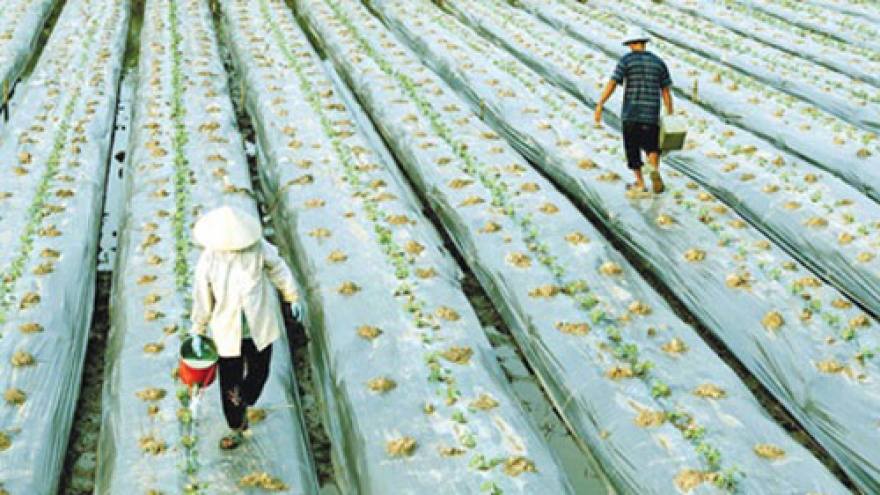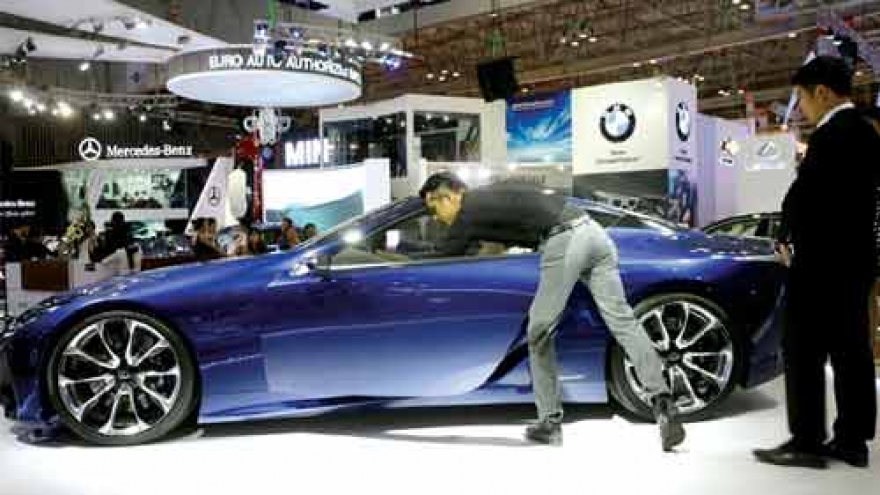Manufacturers become ‘hired workers’ for distribution chains
Many manufacturing enterprises have lost their brands and the market, becoming outsourced workshops for retailers.
Manufacturers nowadays not only have to compete with colleagues in the same business fields, but also with distributors.
More and more products with supermarkets’ private brands have hit the market. Metro Cash & Carry pioneered the tendency, followed by Big C, Co-op Mart and Lotte Mart.
The products bearing Big C’s brands, from rice, drinks to food and household appliances have been flooding the supermarket. Big C has many private brands, namely Casino, eBon, Big C, Wow!, Huong vi Big C, Bakery by Big C and Club des Sommeliers. They are displayed in places which can most easily catch consumers’ eyes.
 |
Van Phat Trading, which specializes in processing fruits and vegetables, once had its products distributed through a lot of supermarkets.
However, according to Van Phat’s director Bui Thanh Van, since supermarkets now focus on distributing products with their private brands, the company’s products have been dislodged from supermarkets’ shelves.
“Retailers forced us to do the outsourcing for them. If we don’t accept this, we will not be able to continue distributing products through that channel. If we do, our two product lines will compete with each other,” he said.
In the competition, the products bearing its brands will be at a disadvantage, because supermarkets can sell products at more competitive prices, partially because the products are displayed on advantageous positions.
Analysts noted that since retailers don’t have to pay for intermediate fees, such as the distribution network development and the policies to boost sales, they can sell products at prices lower than manufacturers.
Bui Xuan Thoa, director of Bililux, a food company, noted that not only small brands, but big brands have also lost their market.
A lot of manufacturers who cannot survive the stiff competition with retailers have decided to do outsourcing for retailers to earn their living.
Lix is a typical example. It now provides washing liquid and detergent products to three large distribution networks – Metro, Big C and Co-op Mart. It is also doing outsourcing for Omo, a detergent brand of Unilever.
A representative of Lix said the cooperation with retailers allows it to optimize the use of the production line. However, this has made the market share held by Lix decrease sharply.




